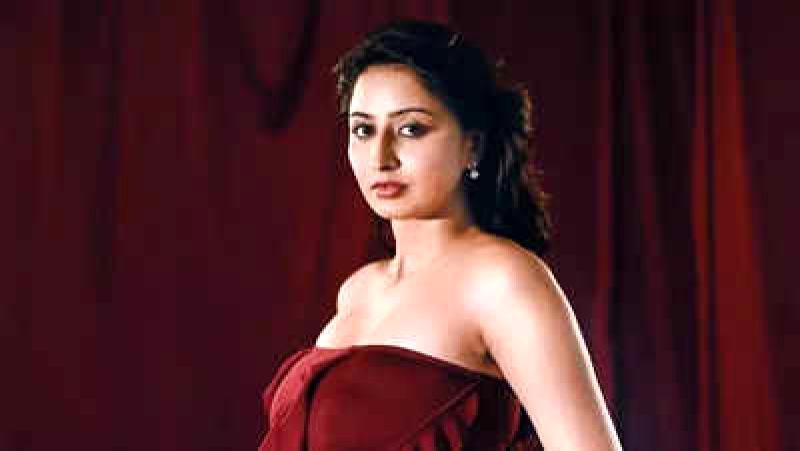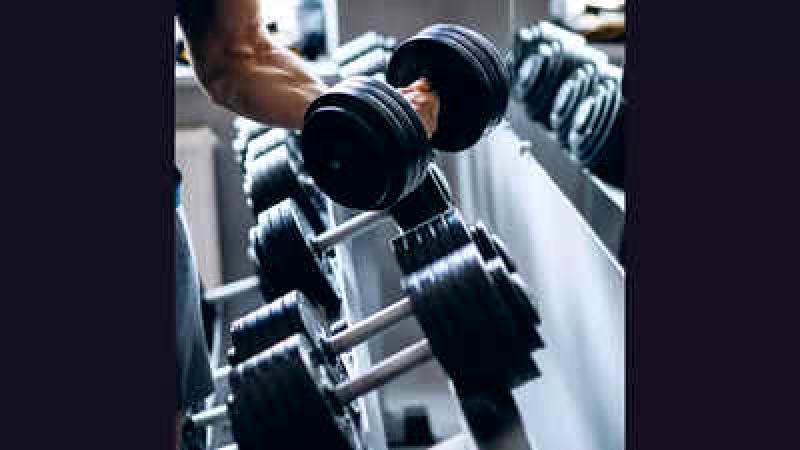
Women in the Kannada film industry may be celebrated on screen as 'sheroes', but behind the scenes, they still struggle to assert themselves and make their voices heard. While their performances, costumes, makeup, and hairstyles are widely appreciated, the women working in the industry face challenges such as inadequate facilities like washrooms on film sets. Gender pay disparity is also a pressing issue in the industry. Over the past decade, there has been a significant increase in the number of women working on film sets in various roles, including stylists, choreographers, and cinematographers. However, the industry infrastructure and culture remain predominantly male-oriented, with limited inclusivity for women. Many female professionals encounter everyday sexism in their work environment, prompting some to leave and pursue independent careers.
One area where female technicians face challenges is in the makeup industry, where male-dominated structures and attitudes prevail. Makeup artists often report feeling belittled by male counterparts who believe their experience and skills are superior due to generational continuity. Association memberships and job assignments can significantly undervalue female artists, offering lower pay than independent work. While lead actresses may request specific makeup artists, industry norms typically require female makeup artists to work in conjunction with male colleagues on set. This arrangement can lead to uncomfortable situations where male assistants are tasked with intimate makeup applications or dressing assistance that could be better suited for female artists.
Actresses like Vydurya Lokesh and make-up artistes are often only considered for smaller projects, according to a screenplay writer. Producers often question if a script is focused on women, assuming that women are limited to certain types of films. This mindset leads to stereotypes and challenges in the industry. For example, a screenwriter and associate director, Manasa Sharma, shares experiences of facing discrimination and lack of respect in her roles. Similarly, a stylist recalls instances of being overlooked for basic needs on set and being seen as overly demanding for requesting necessities. Despite some progress in the industry, the issue of inclusivity and support for women remains a significant challenge."We require more female voices to be represented: Voiceover artist points out the lack of dialogue for women in films. This leads to fewer opportunities for female dubbing artistes compared to their male counterparts. Recent films lack focus on women-centric stories, and female singers struggle to find solo songs in the music industry. There is a need for greater inclusion of women's voices on screen."— Sparsha RK, singer and voiceover artist










